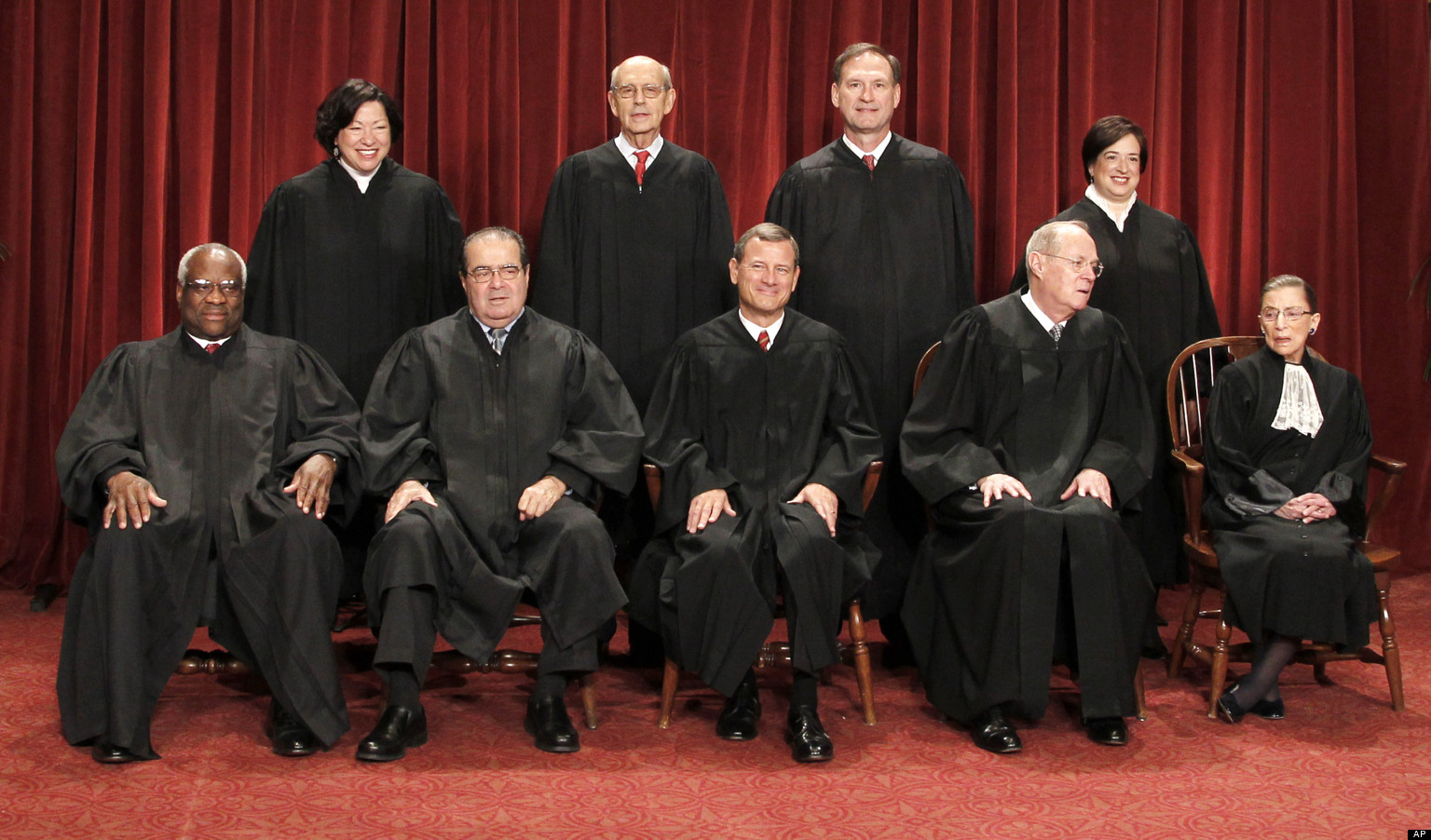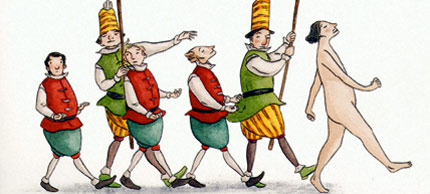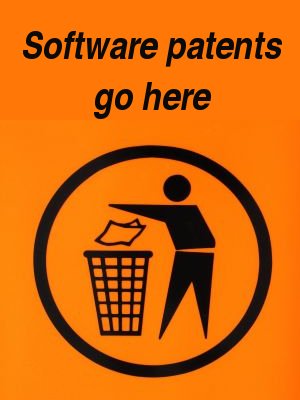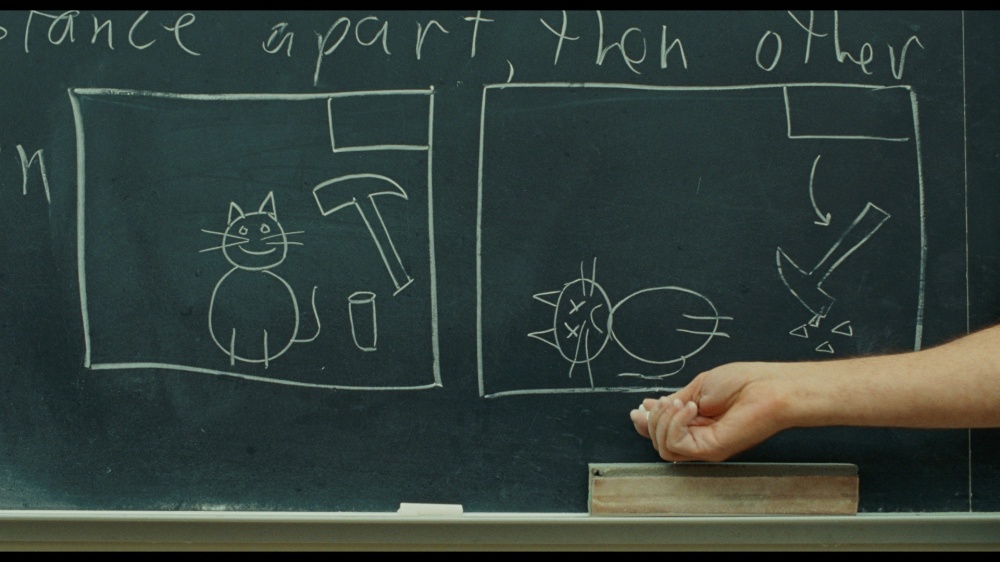What if
some of our players
in the judicial arena
are fielding questions
outside their field of competence?
Consider
HILL-ROM SERVICES v. STRYKER CORPORATION
Consider the dissenting opinion filed by Circuit Judge REYNA ...
" ... Rather, the examiner [of a separate patent prosecution] understood that the patents-in-suit [when used as 103 references in that separate patent prosecution] did not include [an explicit teaching of] wireless communications, which necessarily means [from my common sense point of view] that he did not consider the “datalink” [39] disclosed in the patents-in-suit to 'reach' such wireless technology. The majority [here] fails to acknowledge the full scope of the examiner’s [extrinsic] statements, which were made by an uninterested party outside the scope of the present litigation, [and thus from my common sense point of view, that should be] a material element in the analysis of the evidentiary record [for carrying out "claim construction" here]." [Text in brackets added]
There is much more that Judge Renya argues in his dissent.
(The text in question discloses: In one embodiment of the invention, the bed input signals 33 are received as hard wired inputs ... The bed message created by processor 140 is then sent through the bed junction box 37 to the wall interface unit 40 over serial datalink 39.)
For the present analysis we simply want to note an example of CAFC sitting judge not "getting it" with regard to many basics of patent law (what "In one embodiment" means), and demonstrating a lack of competence in a technical field that is apparently outside his range ... just scary (Will the real Judge Rader please come back, please come back? ... to be recited in the tune of the real slim shady, eminem)
This is not to get down on Judge Renya.

There is much that he says, that from a lay person's point of view, makes "common sense".
However, from the point of view of one skilled in the art of networked computer systems, his take on the meaning of a "serial datalink" is nonsensical and embarrassing. The other 2 judges on the CAFC panel try to be be polite and less than thorough in dissecting Judge Renya's 'dissent'.

Such observation begs the next level question:
What if we are in a higher level court,
Where none on the panel are competent
in either of
patent law or
the scientific field of endeavor,
and their decision is more far reaching?
"When deh truth is found to be lies
and all deh hope vitin you dies
- then vat?"
-Rabbi Marshak, A Serious Man
Then what?
Go ask Alice













